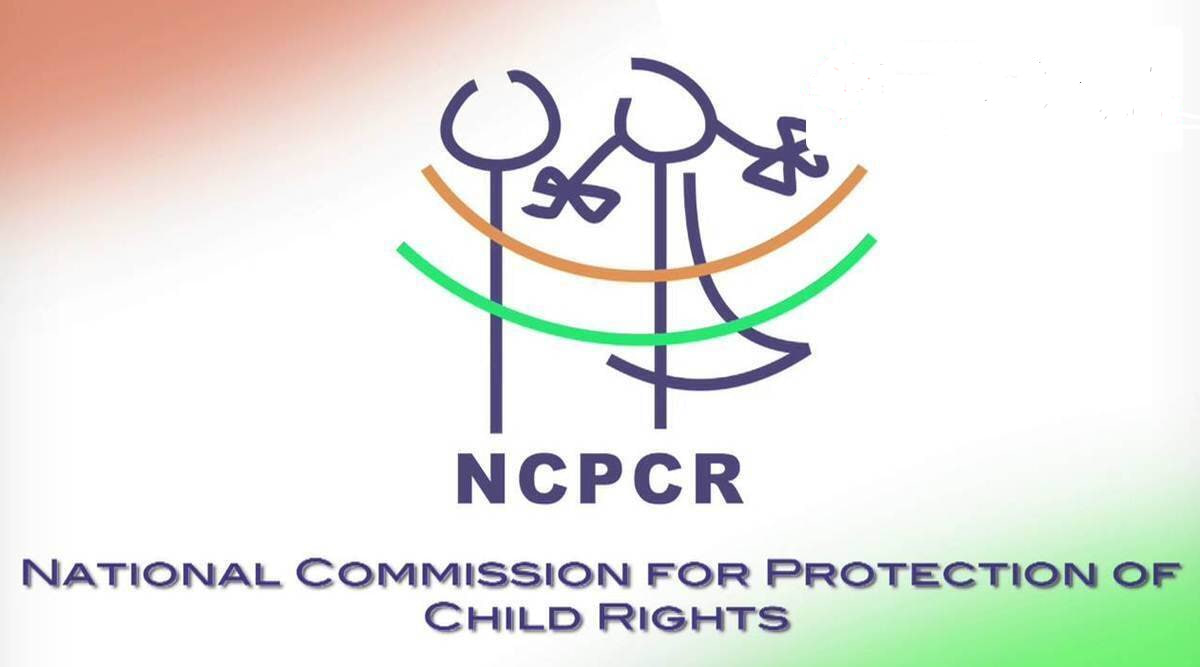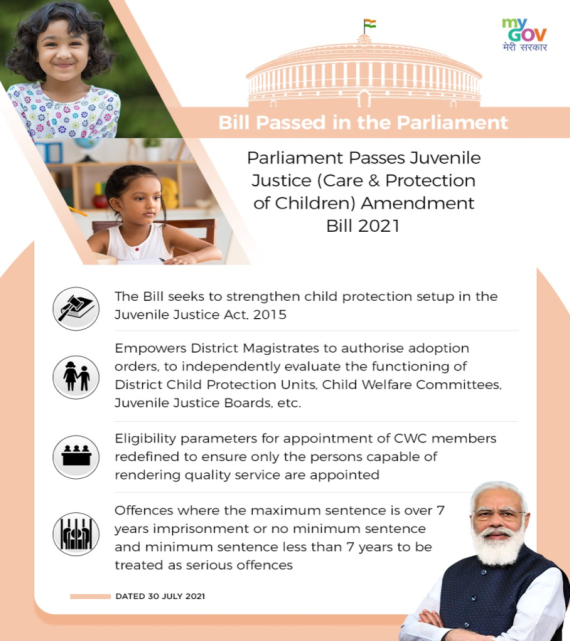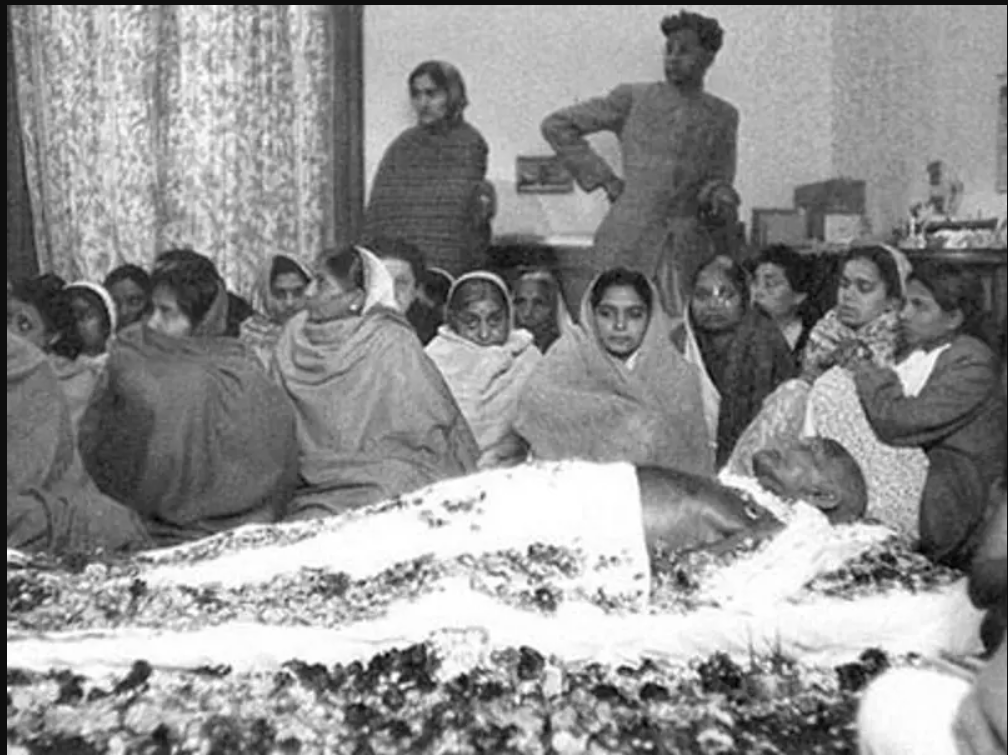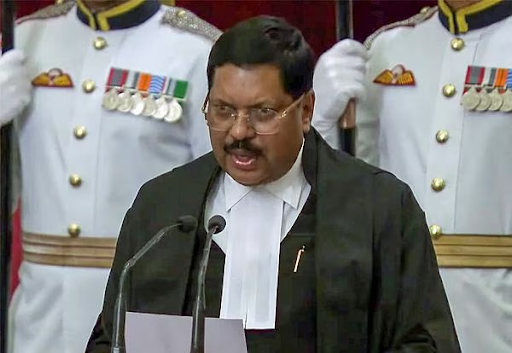Description

Copyright infringement not intended
About:
- The National Commission for Protection of Child Rights (NCPCR) has released a new draft guideline on the preliminary assessment of whether certain minors are to be tried under law as adults in particular cases, under the Juvenile Justice (Care and Protection of Children) Act.
- The document is open for inputs and comments from the public till 20th January.
- Preliminary assessment as per the Juvenile Justice Act.
- Earlier, every child under the age of 18 years was assumed to be minor by the law, but in 2015, the JJ Act was amended to add a provision for trying a child as an adult under some conditions.
- It added that a child in the age group of 16-18 years could be tried as an adult in case of heinous offences.
- Section 15 (1) of the Act mentioned that the Juvenile Justice Board shall conduct a preliminary assessment to determine whether to try such a child as an adult or a minor.
- The Act directs that the Board must consider;
- The mental and physical capability of the child for committing the alleged offence.
- The Child’s ability to understand the consequences of the offence.
- The circumstances in which the offence was committed.
- The Board can take the assistance of experienced psychologists or psychosocial workers or other experts.
- The Act made it clear that the assessment is not a trial, but is only to assess the capacity of the child to commit and understand the consequences of the alleged offence.
- After the assessment, the Board can pass an order saying there is a need to try the said child as an adult and transfer the case to a children’s court with the relevant jurisdiction.
- If tried as a minor, the child could be sent to a special home for a maximum of 3 years.
- If tried as an adult, the child can be sentenced to a jail term, except being sentenced to death or life imprisonment without the possibility of release.
Key points of the draft Guidelines:
- The draft guidelines depend on already existing provisions in the Juvenile Justice Act for implementation.
- The preliminary assessment has to determine based on 4 aspects:
- Child’s Physical capacity to determine the ‘locomotor’ abilities and capacities, particularly gross motor functions such as walking, running, lifting, throwing, etc, as such abilities would be required to engage in most antisocial activities.
- Child’s mental capacity to determine the ability to make social decisions and judgments. It also directs assessments about mental health disorders, substance abuse, and life skills deficits.
- Circumstances in which the offence was allegedly committed: Psychosocial vulnerabilities of the child. This is to include life events; any trauma, abuse, and mental health problems, stating that the offence behaviour is a cumulative consequence of a lot of other circumstances.
- Child’s ability to understand the consequences of the alleged offence: To determine the child’s knowledge or understanding of the alleged offence’s social, interpersonal and legal consequences. These include what others will say or perceive him, how it might affect his relationships and the knowledge of relevant laws, respectively.
- Experts must be given an optimal opportunity to interact with the child to build a connection. Experts can be from the field of child psychology and psychiatry.
.jpeg)
Juvenile Justice (Care and Protection of Children) Amendment Act, 2021:
- The Bill amends the Juvenile Justice (Care and Protection of Children) Act of 2015.
- The amendment Act contains provisions related to children in conflict with the law and children in need of care and protection.
- The Act provides that the Juvenile Justice Board will inquire about a child who is accused of a serious offence.
- Serious offences are those for which the punishment is imprisonment between 3 to 7 years.
- The Act prescribes the procedure for the adoption of children by prospective adoptive parents from India and abroad.
- The Act provides that instead of the court, the District Magistrate (including the Additional District Magistrate) will issue adoption orders.
- Any person unsatisfied with an adoption order passed by the District Magistrate may file an appeal before the Divisional Commissioner, within 30 days from the date of passage of such order.
- Such appeals should be disposed of within 4 weeks from the date of filing of the appeal.
- Additional functions of the District Magistrate: These include:
- Supervising the District Child Protection Unit.
- Conducting a quarterly review of the functioning of the Child Welfare Committee.
- The Act provides that states constitute one or more CWCs for each district for dealing with children in need of care and protection.

Copyright infringement not intended
About National Commission for Protection of Child Rights
- The National Commission for Protection of Child Rights (NCPCR) is a statutory body established under the Commission for Protection of Child Rights (CPCR) Act, 2005.
- It is under the administrative control of the Ministry of Women and Child Development.
- Under the act, a Child is defined as a person in the 0 to 18 years age group.
- It aims to ensure that all Laws, Policies, Programmes, and Administrative Mechanisms are in harmony with the Child Rights perspective as enshrined in the Constitution of India and also the UN Convention on the Rights of the Child.
- Composition: This commission has a chairperson and six members of which at least two should be women.
- All of them are appointed by the Central Government for 3 years.
- The maximum age to serve in the commission is 65 years for Chairman and 60 years for members.
- The salary and allowances payable to, and other terms and conditions of service of, the Chairperson and Members, shall be such as may be prescribed by the Central Government.
Functions of the National Commission for Protection of Child Rights;
- Examine and review the safeguards provided for the protection of child rights and recommend measures for their effective implementation.
- Inquire into child rights violations and recommend initiating proceedings in such cases.
- Examine all factors that curb the enjoyment of rights of children affected by terrorism, communal violence, riots, natural disaster, domestic violence, HIV/AIDS, trafficking, maltreatment, torture and exploitation, pornography and prostitution and recommend appropriate remedial measures.
- Look into the matters relating to the children in need of special care and protection including children in distress, marginalized and disadvantaged children, children without families and children of prisoners and recommend appropriate remedial measures.
- Study treaties and other international instruments and undertake periodical reviews of existing policies, programmes and other activities on child rights and make recommendations for their effective implementation in the best interest of children.
- Undertake and promote research in the field of child rights.
- Spread child rights literacy among various sections of society and promote awareness of the safeguards available for the protection of these rights through publications, the media, seminars and other available means.
- Inspect or cause to be inspected any juvenile's custodial home, or any other place of residence or institution meant for children, under the control of the Central Government or any State Government or any other authority.
- Inquire into complaints and take suo moto notice of matters relating to:
- Deprivation and violation of child rights.
- Non-implementation of laws providing for the protection and development of children.
- Non-compliance with policy decisions, guidelines or instructions aimed at mitigating hardships and ensuring the welfare of the children and providing relief to such children.
- Such other functions may consider necessary for the promotion of Child Rights.
- The Commission shall not enquire into any matter pending before a State Commission or any other Commission duly constituted under any law for the time being in force.
- Present an annual report to the Central Government and at such other intervals as the Commission may deem fit.
- Compile and analyze data on children.

https://indianexpress.com/article/explained/explained-law/ncpcr-draft-guidelines-assessing-minors-trial-adults-8372389/















